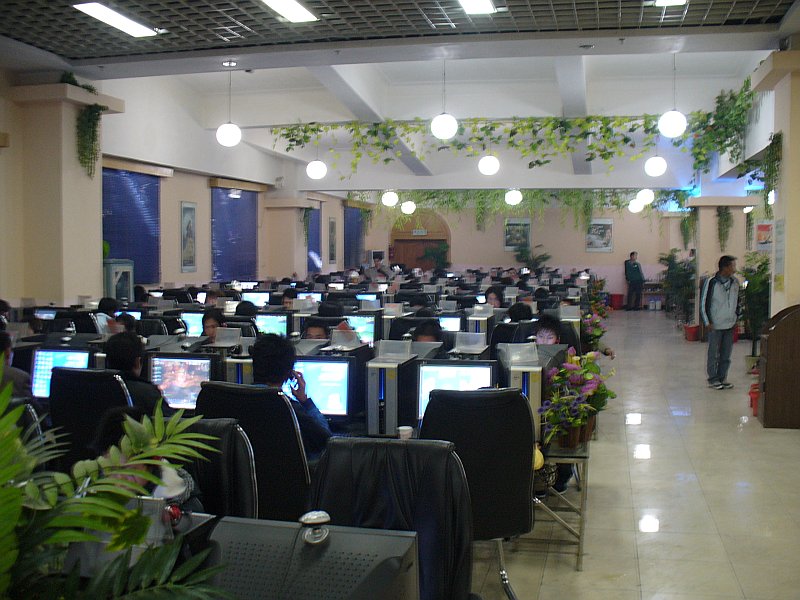
August 19, 2016, by Tony Hong
China’s Internet, the spread of Information
By Joshua Gardiner,
Participant in SCCS Summer school.
One of the first things a westerner will notice as they enter China is the increasing number of ‘error’ messages encountered when surfing the web. At first it may seem like an accidental problem with one’s chosen device yet this could not be further from the truth. It soon becomes clear that, by venturing east, the traveller has crossed a new ‘Great Wall’; a wall that has no physical parameters or marauding nomadic antagonists but instead a government firewall that protects the Chinese people from the ‘free internet’ enjoyed by much of the West.
From the haven of the Trent building of Nottingham’s Ningbo campus, the luxuries of Facebook, Youtube and Google can be freely accessed by all students. However beyond the boundaries of this Western academic implant it becomes impossible to access these (and many more) through China’s internet.
This restrictiveness may seem like the actions of an oppressor, whose hapless victims yearn to explore the internet we enjoy so freely; yet this is a misjudgement imposed too easily by us westerners. During my short time in China I discovered that there are many worthy equivalents to websites I browse back home in the UK; for instance the Chinese use WeChat as a social network, Baidu as a search engine and YouKu as a parallel to Youtube. Although some Chinese web surfers jump over the ‘Great Firewall’ using a VPN, there seems to be no popular call for change.
It appears that China’s internet population is quite content with the number of websites available to them; with people logging in for a variety of reasons ranging from entertainment, socialization, business to even the sharing of their views via a public forum. The idea that China’s internet is restricted may give the impression that it is small, when in fact the sheer number of users and websites available contends strongly with the ‘free internet’ of the West. Around 750 million people use the internet in China, a figure that has been reached rapidly in recent years due to the availability and propagation of cheap mobile phones throughout China’s poorer demographic.
Another misconception, which I certainly had before arriving in China, is that there is no freedom to express personal opinions regarding politics or other sensitive subjects. Chinese internet users are, within set parameters, allowed to express critical opinions of the government or on other political topics. What isn’t tolerated is incitement to collective action, for instance the arranging of a protest through social media; as this is a direct threat to the government’s authority.
However, although I have realised the internet is much freer than it is often portrayed in the
West, it is nevertheless censored to a much greater extent than in the UK or USA for example.
There are around 2050K internet police and an estimated 250300k paid internet
commentators; these actively impose state policy through the monitoring of keywords and sensitive terms. The government has also outsourced its censorship to website owners, making them responsible for the content posted on their sites and, in fact, all internet traffic goes through staterun companies.
The internet of China has a long history, stretching as far back to its use by the academic elite of the 1980s. The Chinese Government’s policy towards this huge and rapidly expanding entity is constantly changing. I am not qualified to judge such policies, but if my experience in China has taught me anything, it is that there is no easy way to define such a huge, diverse and complicated nation nor criticize its policies towards such a dynamic technology.
No comments yet, fill out a comment to be the first

Leave a Reply